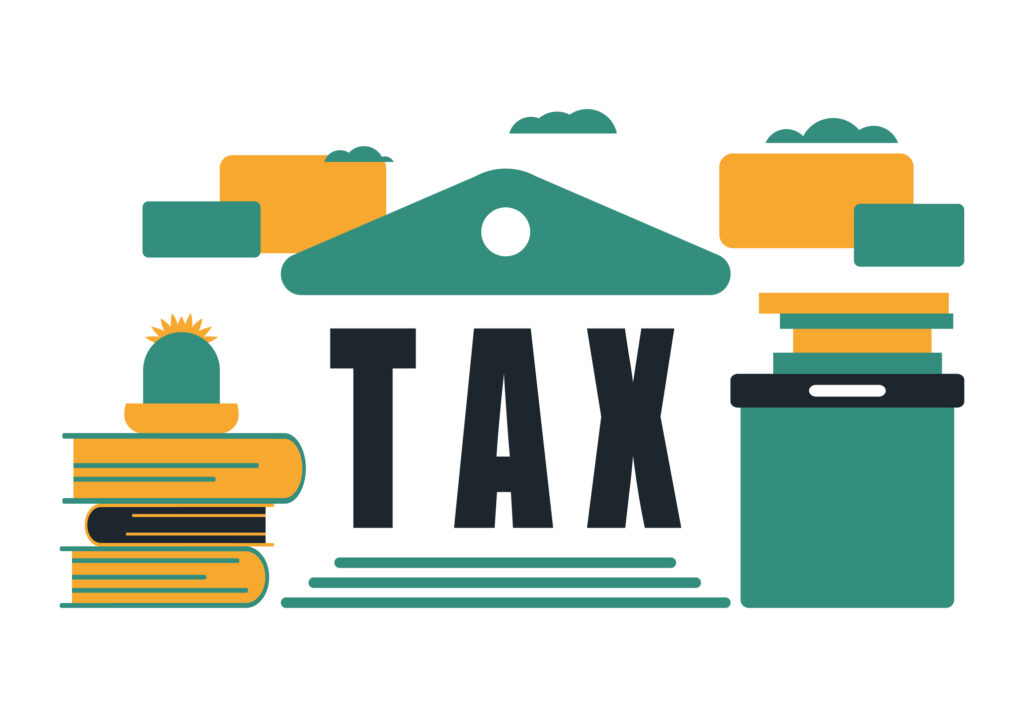A federal law pre-empted state spam laws on January 1 of this year, but the erroneous thinking behind many of these laws still persists, threatening the free flow of commerce. For example, laws that make it illegal to send mail to someone unless that person specifically opted in, such as those in California and Delaware, erect barriers for businesses trying to find new customers or even get off the ground. Even laws that say unsolicited commercial mail must be labeled with “ADV” (for “advertisement”), such as those in Arizona and Michigan, could seriously handicap new businesses as well as academics and job seekers hoping to get word out about their interests.
Many companies in America rely on direct mail to get their start and attract new customers. Consider the case of Aeroprise, a company that provides mobile workflow management solutions. “Our sales got a kick start with spam, or rather, what some people might call spam,” says Dave Gehring, Aeroprise’s enterprise and channel sales director. “We started with a list of people who use software that our offering compliments. We sent them all emails explaining how our product increases their productivity, as much as 100 percent with minimal effort. Some of them responded and from there we gathered several of our first customers. This inexpensive tactic for new customer acquisition enabled us to gather our ‘lighthouse’ customers as a young company with minimal funding and virtually no marketing budget.”
Peterson Conway, founding partner of Goodwyn/Powell, an executive recruiting firm, says unsolicited email communication has “been pretty successful for us. I don’t know if you’d call it spam, though.” Maybe he wouldn’t call it spam, but anti-spam activists who believe any unsolicited message is a problem certainly would.
Under some proposed anti-spam laws, a story idea submitted by a freelance writer could be considered unsolicited commercial email. “If someone wants to pitch his new book to an academic discussion list or to some friends, then to keep his nose clean, he’s got to mark it with an ADV,” says UCLA law professor Eugene Volokh. “It puts honest law-abiding people at a substantial disadvantage whenever they send in resumes and whenever they want to engage in normal commercial behavior.”
In attempting to force spammers to identify themselves, a law must define spam and what actions make one a spammer. But a general law really doesn’t make a lot of sense when everyone has different ideas of spam.
Short of outlawing fraud, then, it might seem as though a federal law is a bad idea. But there is one potential benefit of a federal law: preemption of poorly crafted state laws. The Controlling the Assault of Non-Solicited Pornography and Marketing Act of 2003 (CAN-SPAM), signed into law by President Bush in December 2003, is perhaps justified as a way of saving the Net from overly zealous states.
If CAN-SPAM helps stymie meddling by state regulators, it will be a great accomplishment, but whether that will happen remains to be seen.
Excerpted from “Canning Spam: An Economic Solution to Unwanted Email,” published by Pacific Research Institute in February 2004. The complete study can be found at http://www.pacificresearch.org/centers/cts/index.html.

